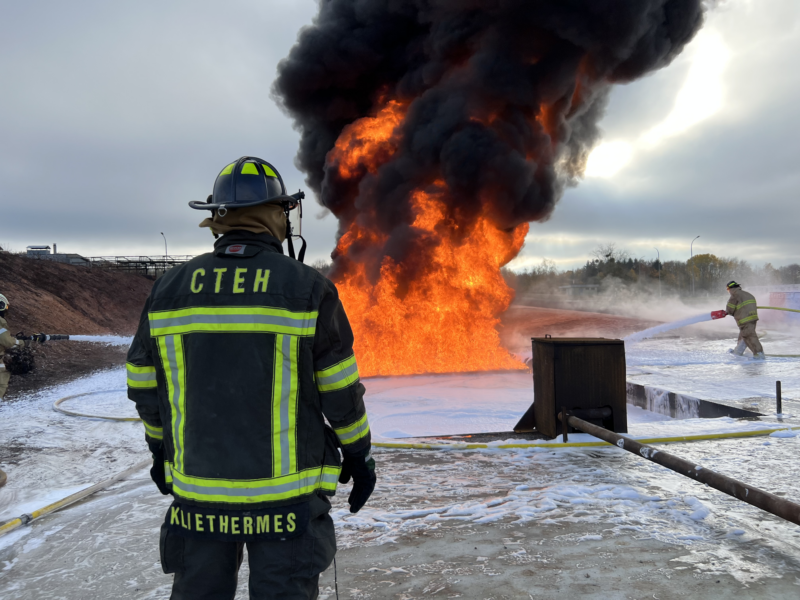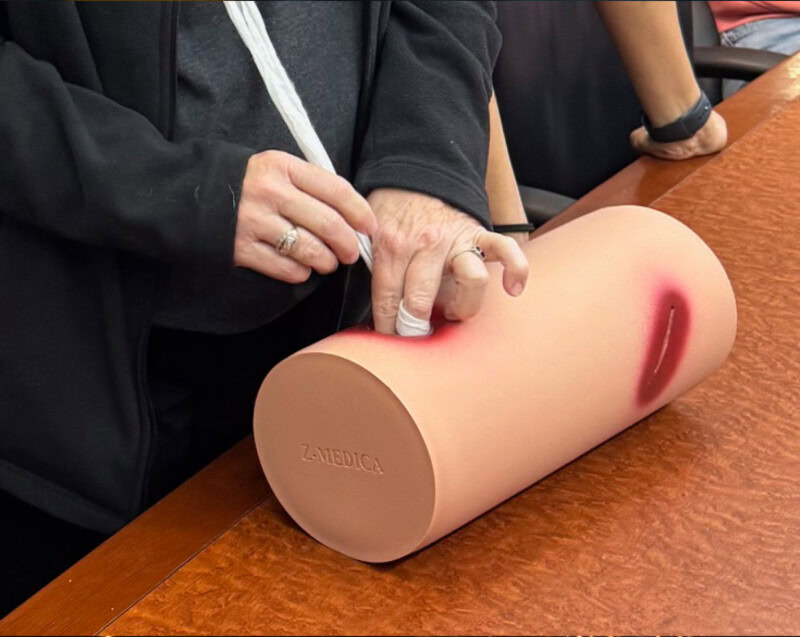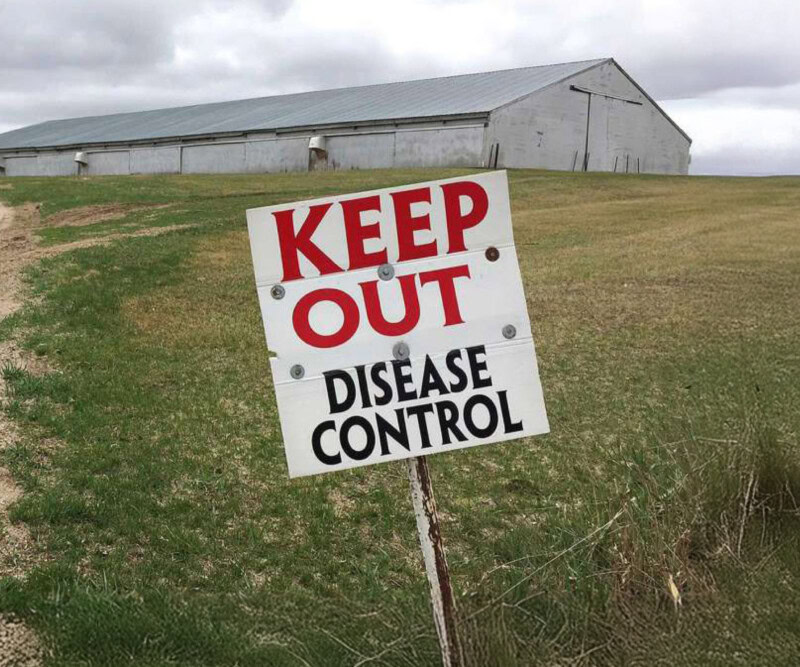In partnership with LASTFIRE, CTEH team members are in France this week researching firefighter exposure to hydrocarbons in coordination with LASTFIRE’s firefighting foam performance test with gasoline and ethanol. This research is being conducted at the globally-recognized GESIP facility in Vernon, France. In 1997, a consortium of 16 oil companies created the LASTFIRE (Large Atmospheric Storage Tanks Fire) project to provide a safer solution for the oil and petrochemical industry’s need for site-specific fire response and risk reduction policies. Recently, including prior tests in Borger, TX, CTEH has developed a working relationship with LASTFIRE in the study of fire hazard management. Niall Ramsden, LASTFIRE project coordinator, stated appreciation for the work and collaboration that CTEH brings to improving the safety for firefighters in flammable and combustible liquid emergencies.
“We feel this is a novel study of firefighter exposure to hydrocarbons in the immediacy of extinguishing large pool fires with foam,” said Scott Skelton, CIH, CTEH Principal Exposure Scientist. “What sets this study apart is the volume of fire tests and the ability to measure exposure in the attack phase of industrial fires.”
“As a career firefighter and foam researcher, I’ve dedicated my life to studying and advocating for exposure reduction and safe tactics in the firefighting industry,” said Stephen Pepper MS, CSP, CTEH Senior Consultant. “We are at the precipice of a significant transition from a firefighting foam standard with fluorinated components to an alternative without the persistent chemicals found in PFAS-containing foams. The CTEH exposure study here at GESIP will provide data to better understand the exposure risk of frontline firefighters using Class B foam on flammable and combustible liquids.”
“The data collected in this study will allow for a better understanding of what contaminants firefighters may be exposed to when responding to industrial fires with hydrocarbon liquids,” said Derek Kliethermes, CIH, CTEH Senior Exposure Scientist.
Pepper, Skelton and Kliethermes all agree that research such as this is vital for improving the body of knowledge regarding fire hazard management.




